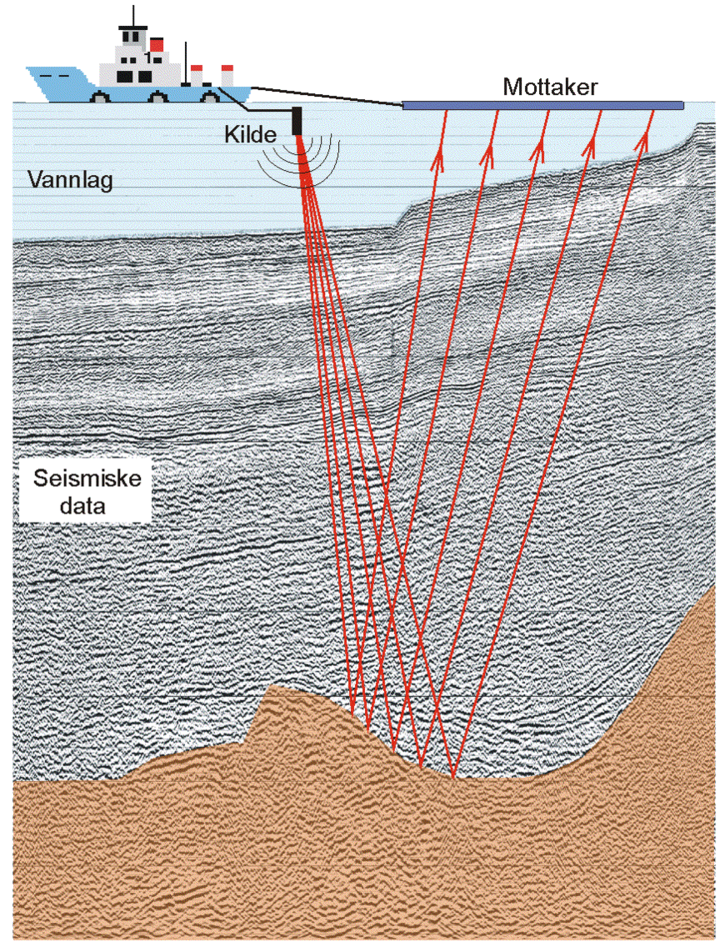All Categories
Featured
Table of Contents
Geophysical Surveys in Churchlands Australia 2021
This work is increasingly contracted out, so consultancies provide another source of work. Consultancy companies differ in size, from really small companies to big multinationals. Some consultancies are rather specialised in utilizing specific geophysical strategies or operating in particular places, while others offer a more varied variety of services to their consumers.
The extraction of gas from land fill sites is another location of work and this might grow in the future. Exploration companies might undertake work for building companies, public utility, mining business and ecological companies, so geophysicists might be employed in any of these settings. Other companies consist of: geological surveysgovernment bodies and agenciesuniversities and research study institutes.


Vacancies might be noted in the oil and gas sector press. Recruitment is affected by oil rate variations and the level of competition for positions varies depending on this. Professions Days, which cover the full series of geoscience professions and are generally attended by a number of crucial industry employers, are run by The Geological Society.
Your Degree In Geophysics in Attadale Aus 2022
A few of the big oil and gas business offer a full two-year structured training programme throughout the breadth of geophysics, consisting of the chance to experience operate in numerous groups before specialising in one area. Your training may consist of deal with: existing wellsmagnetic and gravitational possible field data analysisresearchrock analysis. It's more typical for your preliminary training to be supplied on the task.

There might be a probationary duration during which you work alongside a knowledgeable associate. Competency-based appraisals happen frequently in many firms. In smaller firms, and for scholastic posts, there is not likely to be any formal training - you'll be anticipated to begin work straightaway and get skills as you go along.
If you work for a smaller sized company, you might find that you require to take responsibility for setting up and funding your own advancement and training. If you have a geology degree, subscription of The Geological Society can be beneficial for networking and for keeping up to date with the market.
Geophysical Survey in Koongamia Oz 2022
You may also discover it beneficial to join the PESGB (The Petroleum Exploration Society of Great Britain, which has a geophysics special interest group. After a probationary duration, and once you've gotten some experience, you could advance to senior geophysicist, then group leader and after that into a senior role in management.
The ease of movement in between roles depends on the company structure. Study at Masters or Ph, D level in a subject related to geophysics or geosciences might aid with your career advancement and development. The employment market within the oil and gas industry is really based on price and this might affect your chances for career progression.
However, not all jobs are reliant on the oil and gas markets. For knowledgeable geophysicists, freelance consultancy offers a great route for career advancement. You can also specialise in a particular location of geophysics. As a geophysicist, you're most likely to have several jobs throughout your working life. Worldwide movement is vital for handling peaks and troughs in different nations at various times.
Bachelor's Degree In Geophysics - Degrees & Programs in Rockingham Oz 2020
From geophysics, it's possible to focus on seismology (completing more training to become a seismic interpreter) or to move into related locations such as engineering geology or risk forecast.
Choosing what to study in college is a tough choice. Even if you understand that your field of interest lies in science, what program of research study is right for you?
The first action to achieving your goal of becoming a geophysicist is making a degree. Even for entry-level positions in the field of geoscience, you'll need a bachelor's degree (a geophysicist college degree) from a recognized college or university. Geophysicists must be able to: examine rocks, photos, and other pieces of data carry out research both in the field and in laboratories create maps and charts of their findings write reports To accomplish all this, students need a specialized education for geophysicist careers.
As specified above, you'll need a bachelor's degree in geoscience or a related discipline, such as a physical science or a natural science, to land an entry-level job. Trainees can likewise prepare by majoring in subjects like: Biology Chemistry Computer system science Engineering Mathematics Physics The above geophysicist majors use a more generalized approach to a single scientific discipline, but many programs need students to take one or more geology course.
Latest Posts
Geophysical Exploration in Hocking Australia 2022
5 Surface Geophysics in Sorrento WA 2021
Consumer Guide To Geological And Geophysical Services ... in Safety Bay Western Australia 2020